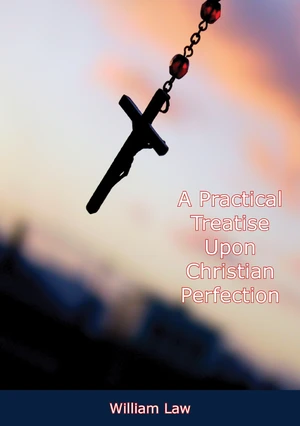William Law, born in 1686, became a Fellow of Emmanuel College, Cambridge in 1711, but in 1714, at the death of Queen Anne, he became a non-Juror: that is to say, he found himself unable to take the required oath of allegiance to the Hanoverian dynasty (who had replaced the Stuart dynasty) as the lawful rulers of the United Kingdom, and was accordingly ineligible to serve as a university teacher or parish minister. He became for ten years a private tutor in the family of the historian Edward Gibbon (who, despite his generally cynical attitude toward all things Christian, invariably wrote of Law with respect and admiration), and then retired to his native King's Cliffe. Forbidden the use of the pulpit and the lecture-hall, he preached through his books. These include Christian Perfection, the Spirit of Love, the Spirit of Prayer, and, best-known of all, A Serious Call To a Devout and Holy Life, published in 1728. âLaw was about forty years of age when he wrote it and had he written no more, his reputation as a prose writer and ascetic theologian would have been established. The title of the book also Illustrates two dominant traits in his personality, the concern to be practical and the primary importance of growth in holiness. The perfection he recommends âcalls no one to a cloyster, but to a right and full performance of those duties, which are necessary for all Christians, and common to all states of life'. It is the heart that finds expression in our actions, and it is the heart, therefore, that must be made perfect.' (A. Keith Walker, William Law, p. 47; quotation from Law's Introduction, p. 2)
Preisentwicklung
29.01.2023
0,92 €

